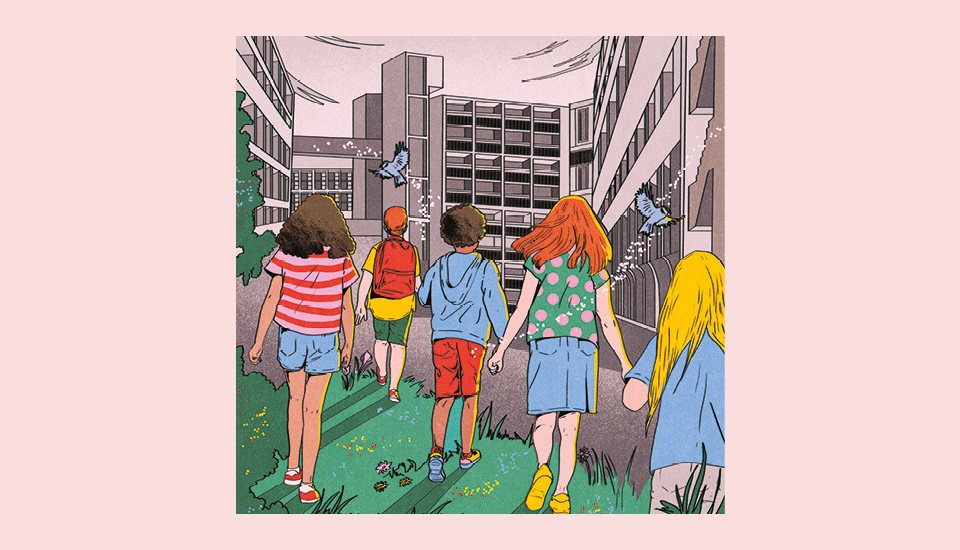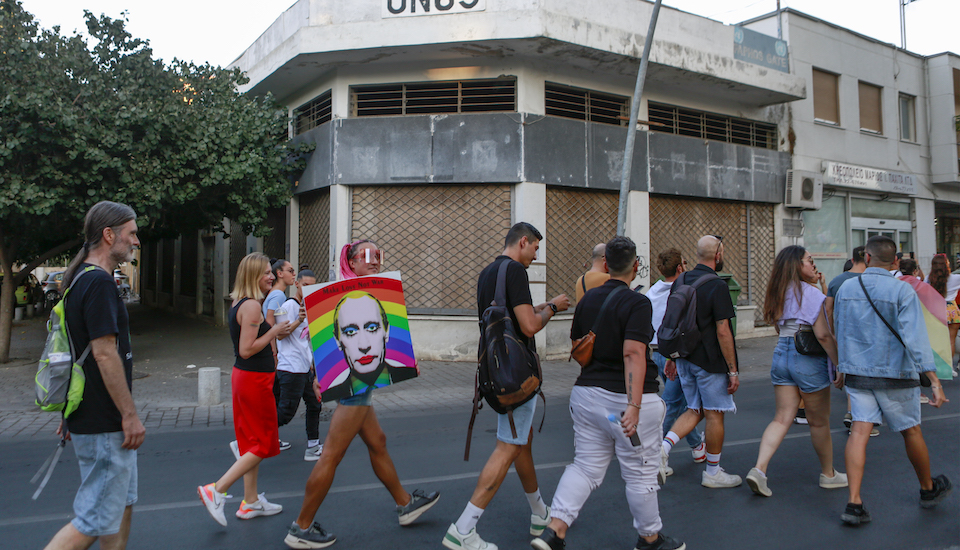Ethnic minority communities have been disproportionately impacted by pandemic, new research has found.
Crisis, Communities, Change by the RSA (royal society for arts, manufactures and commerce), an independent charity, explores how communities have fared during the pandemic.
A survey of 2,600 people in Great Britain, including a weighted sample of 1,000 people from ethnic minority backgrounds, carried out by Savanta ComRes for the RSA, finds:
- Discrimination in local services is twice as high among ethnic minorities: 52% of Asian and 50% Black respondents have faced discrimination when accessing local services – compared to 19% of the white population.
- The police and justice system, and the UK government, are viewed as unsupportive by Black and Mixed populations: 25% of Black respondents and 20% of respondents from mixed ethnic backgrounds said that the police ‘actively make my life more difficult’, compared to just 9% of white respondents. When considering how well the police and justice system operates, 42% of white respondents said that the police ‘do their job’, while Black and respondents and those of mixed ethnicities were the most likely to say that they need improvement, or are not fit for purpose.
The report suggests that these higher levels of discrimination and mistrust could be a factor in higher rates of vaccine hesitancy among ethnic minorities: among those who are vaccine hesitant, 59% say they have suffered discrimination when accessing local services in the past, versus 33% for those who are not.
Qualitative interviews carried out as part of the research also suggest a link. Samira Ben Omar, co-founder of health inequality initiative Community Voices, told the researchers:
“...if someone says ‘the vaccine is about making GP’s rich’ or ‘I don’t trust Pfizer, look at what they did to our communities. I’ll have the Oxford one, but no way will I have the Pfizer one’, the question is really, what did ‘they’ do to our communities? As a system, we’re not that comfortable with having those conversations. But who is unpicking those, who is saying, ‘tell me a bit more about that’? For me, it’s not about making the GPs rich, it’s about a disconnect between our healthcare systems and our communities.
“By categorising these things under the theme of ‘trust’, it's a way of sterilising our communities... that’s not how you build trust.
“The conversations that need to happen are about the longer-term and about what changes need to happen in our system to repair that disconnect. The disconnect is not because of the way are communities have behaved, it’s the disconnect with how systems, our system, all public sector services have behaved.”
The report also finds that ethnic minority groups have been worse impacted by Covid:
- Minority groups have struggled to access government support: 46% of Asian respondents, 41% of those with mixed ethnic backgrounds and 39% of Black respondents say they have struggled or been unable to access government support, despite being eligible for it.
- These issues are compounded by issues with living space and caring responsibilities. Asian, Mixed and Black respondents are twice as likely to say that they have struggled during the pandemic due to a lack of space at home than White respondents.
The researchers also heard that specialist public services helped address language, cultural and other barriers to people accessing services during the pandemic, which were often popular but under huge pressure due to austerity.
For instance, calls to the Muslim Youth Helpline increased 313% during the pandemic. As the organisation's Director, Maaria Mahmood, told the researchers: “Maybe there is a need for similar organisations to exist for those for each community group because each community group has, suffers from very different types of inequalities and, and that we've seen that in in response to you know, how many calls have been coming into the helpline and the nature of those calls and how impact how impactful COVID has been to those community groups.”
While poverty is seen as the most important ‘bigger picture’ issue across the board, white and ethnic minority groups have different views on what the most pressing issues facing the country are:
- White respondents were likely to answer that the climate crisis, Brexit, inequality, misinformation, while racial discrimination and the quality of the education system ranked highly among Black respondents. Dealing with abuses of power by the police and in the justice system also scored highly with Asian, and Black respondents and those of mixed ethnic backgrounds.
- Tackling racial discrimination was identified as the number one priority for after the pandemic by Black respondents.
Anthony Painter, chief research and impact officer at the RSA, said:
“The evidence from our research casts serious doubt on the idea that institutional racism is not an issue in the UK. People from ethnic minorities are much more likely to have experienced discrimination in public services, and we saw some evidence that this is linked to ‘vaccine hesitancy’.
“Too often, we talk about why ethnic minorities are less likely to trust those delivering public services, which puts the onus on those communities, rather than serious service failings.
“In the future, public services also need to look beyond ‘engagement’ or ‘outreach’ with ethnic minority groups, and instead look at the systemic and institutional reasons they are not trusted.
“We need to reinvent public services to work around their communities they serve. This means devolving more power locally, funding public services adequately, and creating more spaces for citizens to collaborate with one another.
Contact:
Will Grimond, Media Officer, RSA, [email protected], 07795 660 353
Methodology:
Savanta ComRes surveyed 2,677 UK adults aged 18+ including 1,012 from minority ethnic groups online between 19th and 21st March 2021. Data were weighted to be nationally represented of UK adults aged 18+ by age, gender region and social grade. Savanta ComRes is a member of the British Polling Council and MRS and abides by their rules. Full data tables can be found here.
Notes:
The RSA (from August 2020, the royal society for arts, manufactures and commerce) is an independent charity, committed to a future that works for everyone. A future where we can all participate in its creation.
The RSA has been at the forefront of significant social impact for over 260 years. Our proven change process, rigorous research, innovative ideas platform and diverse global community of over 30,000 problem solvers, deliver solutions for lasting change.
Legally, the Royal Society for the Encouragement of Arts, Manufactures and Commerce (‘RSA’) is a Royal Charter Company and registered charity in England and Wales (charity number 212424) and in Scotland (charity number SC037784).
Related articles
-
Young at heart
Journal
Jonathan Prosser
Becoming a nation with children at its centre in 10 courageous steps.
-
Open RSA knowledge standards
Blog
Alessandra Tombazzi Tom Kenyon
After investigating ‘knowledge commons’, we're introducing our open RSA standards and what they mean for our practice, products and processes.
-
Worlds apart
Comment
Frank Gaffikin
We are at an inflexion point as a species with an increasing need for collaborative responses to the global crises we face.


